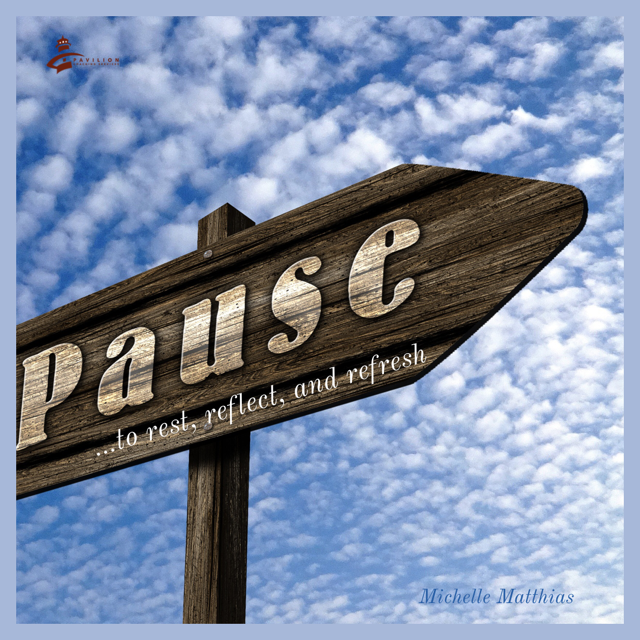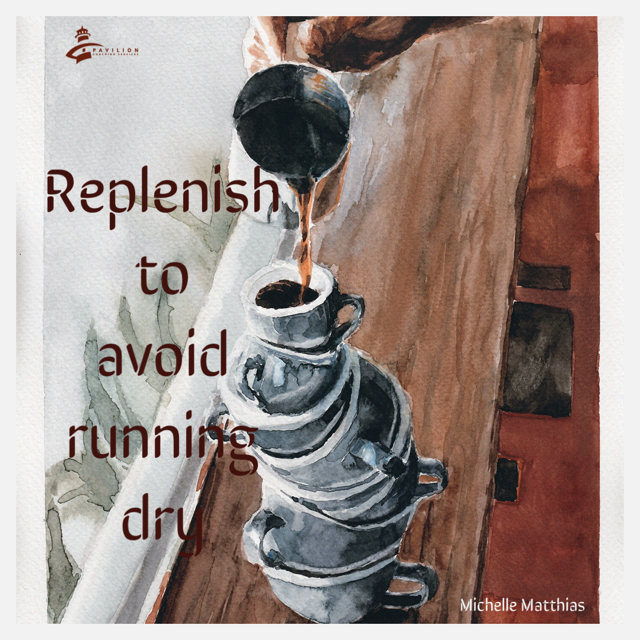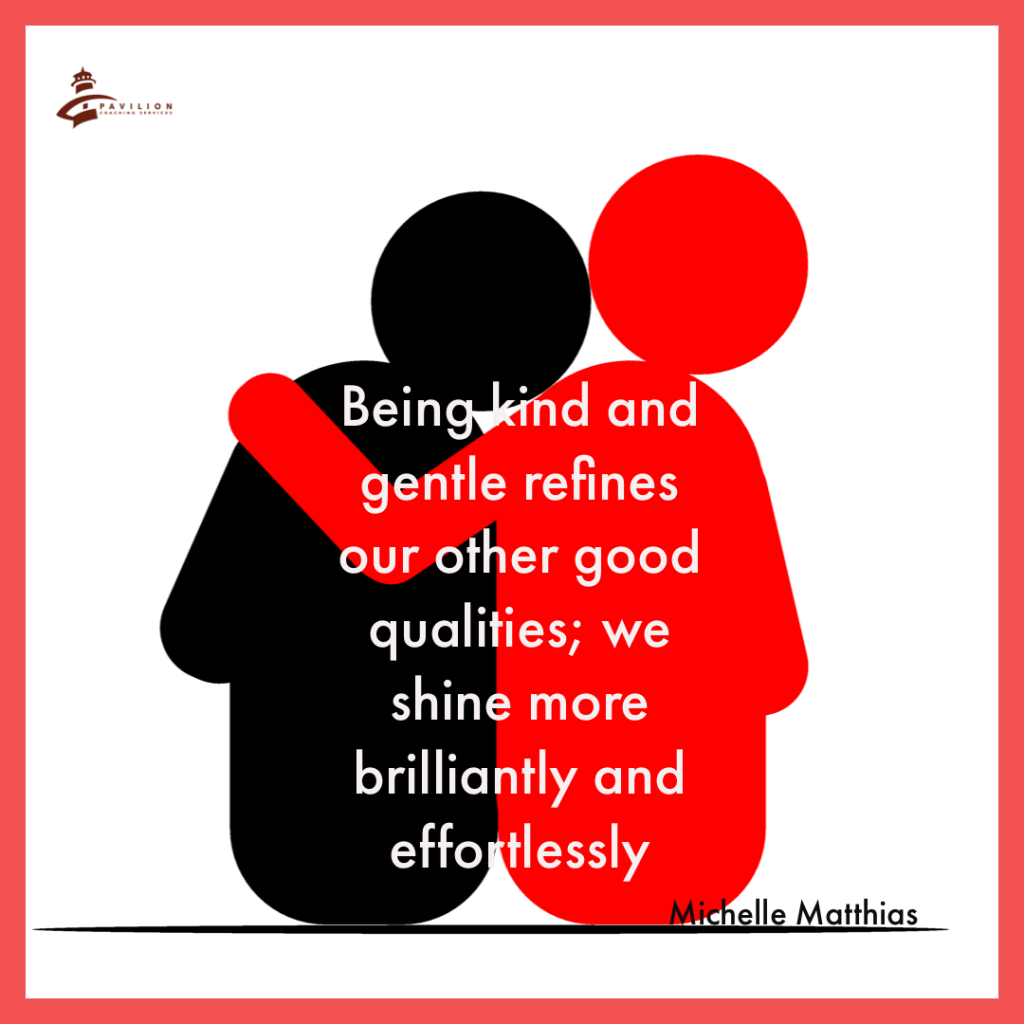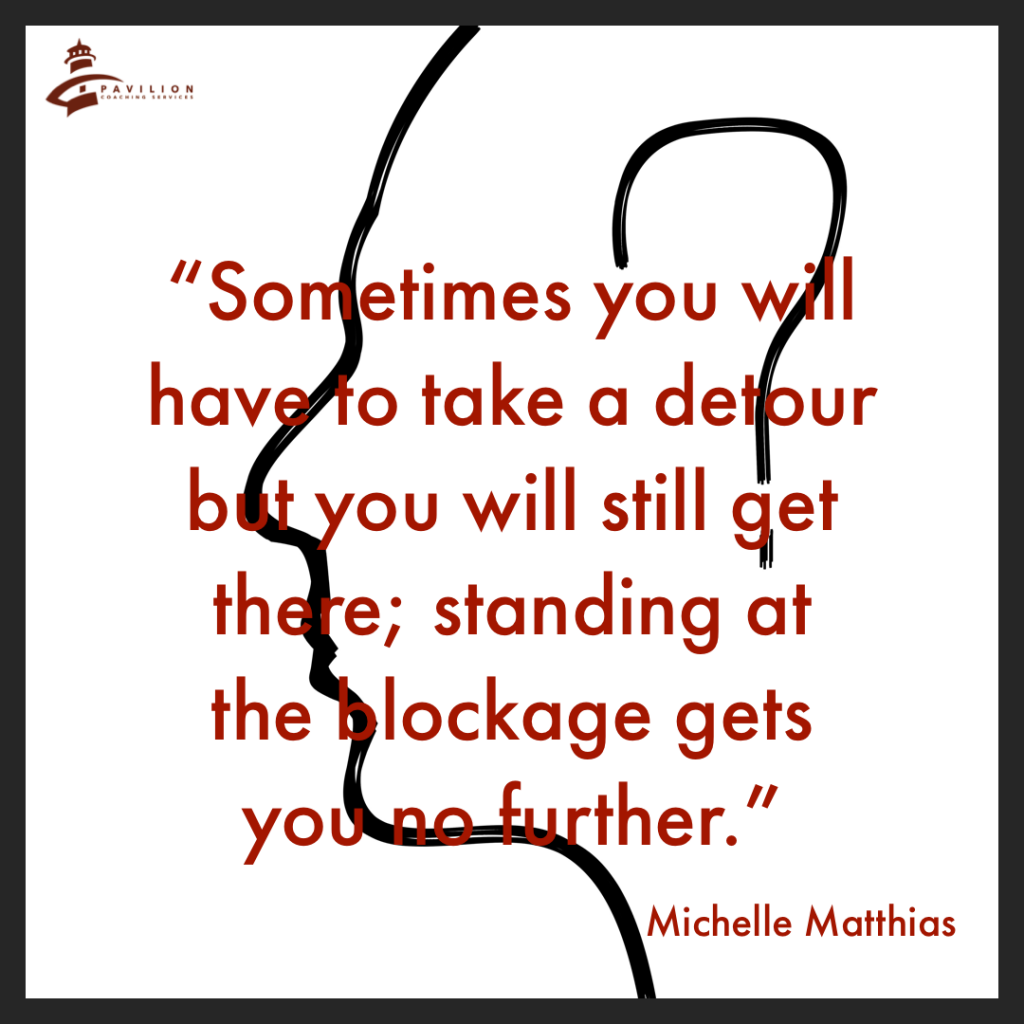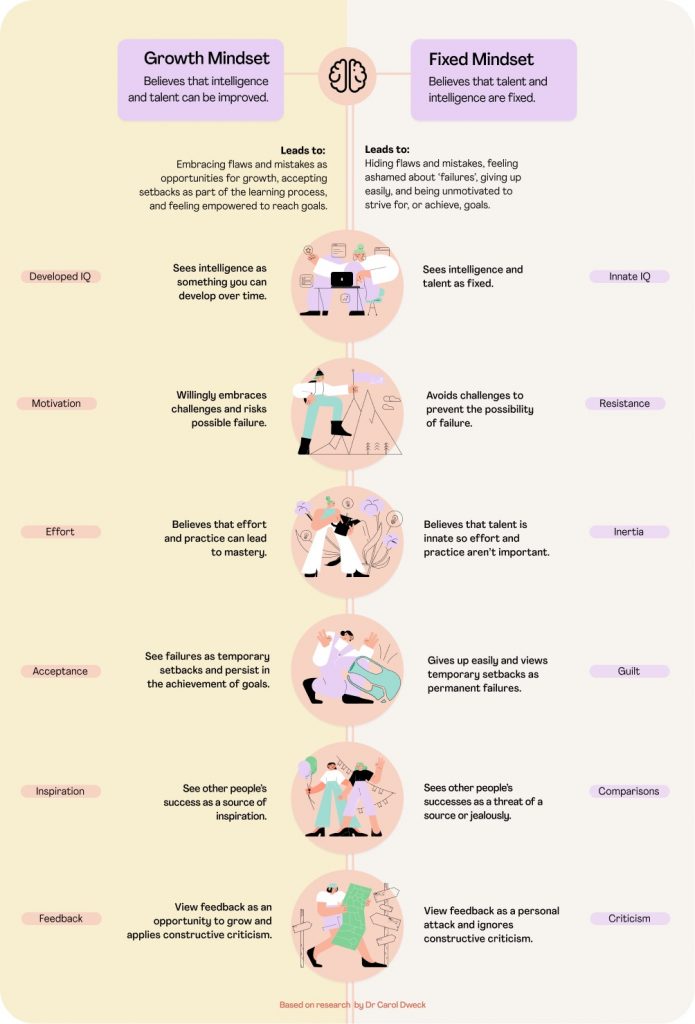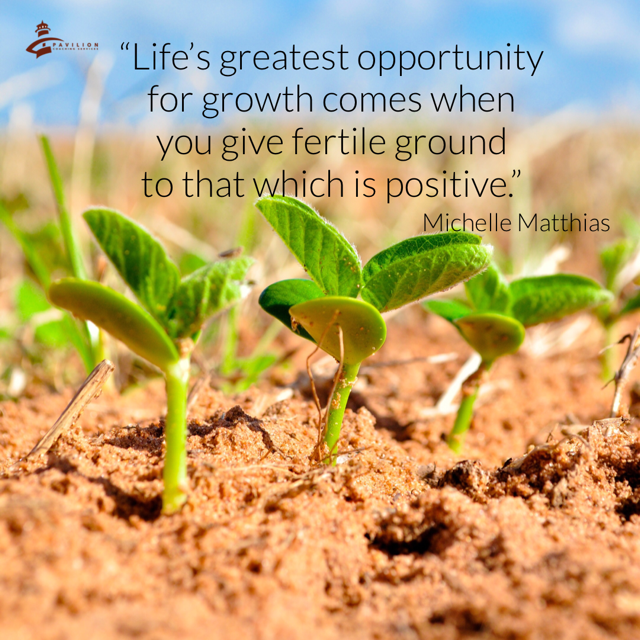Reflection
Michelle Matthias
Reflection is a personal process that can deepen one’s understanding of self and can lead to significant discoveries and insights.
To put it simply ‘reflection‘ means to think about something.
As we enter this Easter week, I believe it is an opportune time for reflection on the incredible gift Jesus gave us when He gave His life on the cross.
As I look to the cross as if looking in a mirror, it has caused me to pause for serious consideration, pondering, and musing. What is the reflection that I am seeing?
A reflection that the cross represents love, sacrifice, and humility – “For God so loved the world, that he gave his only begotten Son, that whosoever believeth in him should not perish, but have everlasting life.” John 3:16
A reflection that the cross represents victory over sin – “The next day John saw Jesus coming toward him and said, “Look, the Lamb of God, who takes away the sin of the world!” John 1:29
A reflection that the cross represents victory over guilt – “So now there is no condemnation for those who belong to Christ Jesus.” Romans 8:1
A reflection that the cross represents victory over shame – “Therefore if any man be in Christ, he is a new creature: old things are passed away; behold, all things are become new.” 2 Corinthians 5:17
A reflection that the cross represents victory over fear – “There is no fear in love. But perfect love drives out fear, because fear has to do with punishment. The one who fears is not made perfect in love. We love because he first loved us.” 1 John 2:18-19
A reflection that the cross represents victory over sickness – “But he was wounded for our transgressions, he was bruised for our iniquities: the chastisement of our peace was upon him; and with his stripes, we are healed.” Isaiah 53:5
A reflection that the cross represents victory over temptation – “No temptation has overtaken you except what is common to mankind. And God is faithful; he will not let you be tempted beyond what you can bear. But when you are tempted, he will also provide a way out so that you can endure it.” 1 Corinthians 10:13
A reflection that the cross represents victory over death – “Jesus said unto her, I am the resurrection, and the life: he that believeth in me, though he were dead, yet shall he live.” John 11:25
Thanks to the ‘Jesus: Our Banner of Victory Devotional’ for some of the above points. These points of reflection have not only given me an internal perspective but it has also given me an eternal perspective.
These reflections have emboldened me to fight against fear and failure because when you understand who you are meant to be, your purpose becomes bigger than your fears. Grasping this is liberating. It allows those who believe to find peace and to tap into their strengths.
So if you are reading this blog, I invite you during this Easter season to:
- Make time for quiet reflection through meditation, prayer, spending time in nature, practicing gratitude.
- You are the only one who truly knows you. Love yourself and others will follow.
- Be thankful for what you have. Count your blessings and name them. By doing so, you are acknowledging and appreciating what you have and this helps you to combat the feeling of being incomplete and unsatisfied.
- Be positive, not perfect. Nothing and no one is perfect. High standards have their place, but be kind to yourself.
- Look into the mirror and tell yourself that you’ve made it this far in life and you’re not going to let anything or anyone put you down.
- Life is precious. Live each day with intentionality.
- Every time you pass a mirror or a reflection of yourself, give yourself a compliment and a little smile.
Why all this reflection stuff?
Reflection helps us to develop our understanding more deeply and to make our intuitive knowledge shareable with others. By reflecting we can grow and develop our emotional, intellectual, spiritual…understanding and wellbeing more deeply. So, it is continued growth and development that hopefully helps us to live a more authentic and fulfilled life.
Empowerment Coach
Michelle Matthias
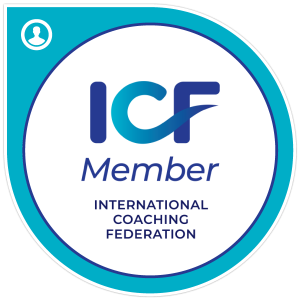
As in water face reflects face, so the heart of man reflects the man. – Proverbs 27:19



